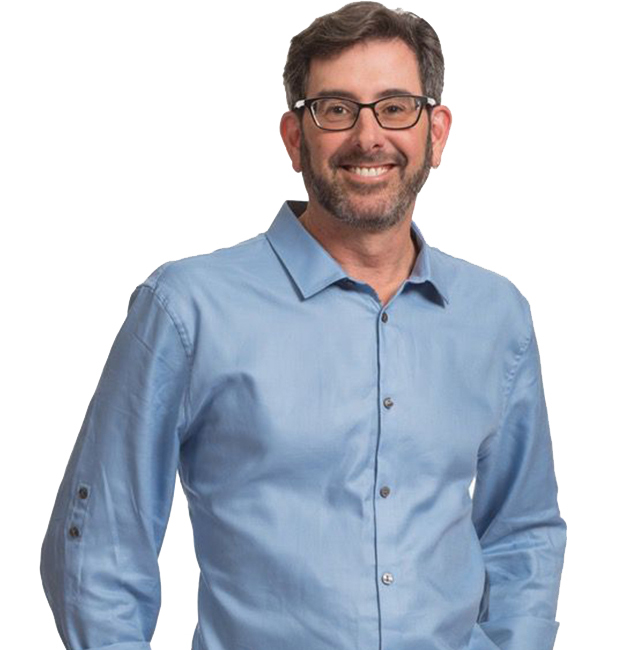PCLC at University of California, San Francisco (UCSF)
-
LocationSan Francisco, CA
-
Leader
-
Faculty
-
Kara BischoffMD, Professor of Medicine, Associate Division Chief for Outpatient Palliative Care, Division of Palliative Medicine
-
Gayle KojimotoProgram Manager
-
Laura SchoenherrMD, Associate Professor, Associate Division Chief, Inpatient Palliative Care Services, Division of Palliative Medicine
-
Bridget SumserMSW, Social Worker, Division of Palliative Medicine
-
- Photo: Michael W. Rabow

Train with this PCLC
UCSF At-A-Glance
The UCSF Division of Palliative Medicine provides interprofessional, transdisciplinary palliative care services at a major academic medical center. Their division works across settings, including hospitals, inpatient hospice, clinics (cancer and non-cancer), and assisted living, and integrates the services with a comprehensive cancer center. UCSF also offers a pediatric pain and palliative care consultation service. They are known for their robust palliative care research and implementation science program, and for a strong focus on team and interprofessional care. They are experienced at teaching palliative care program development to all disciplines at all levels.
Key benefits of training with UCSF also include access to:
- All curriculum areas, including PCLC Pediatrics
- A unique look at a hospitalist-led palliative care consultation service
- Experience in integrating palliative care into the ICU environment, population health, and sub-specialty practices, including a comprehensive cancer center and non-cancer specialty clinics
- Assessment tools, protocol orders, and data collection instruments—including integration with the EHR
- Expertise in building partnerships with community service organizations
- Experience in developing inpatient comfort-care beds and community-based palliative care services within a safety net health system
- A veteran palliative care program providing services across the continuum for both adults and children
- Virtual and in-person training available
Questions?
For questions about UCSF, including available training dates, submit an inquiry.
Other Locations
An early adopter and national leader in delivering quality hospice services, Bluegrass is a pioneer in developing new program models that respond to the evolving needs of seriously ill patients and their families. It also has a rich history of exploring models that are both high quality and financially sustainable. . . .
Mount Carmel was one of the first PCLCs and has trained over 175 teams. Its hospice services and palliative care services are provided in acute palliative care units, consultatively across all hospitals, and in the community, from private residences to long-term care facilities and more . . .
The largest integrated health system in New York State, based on patient revenue, and the 14th-largest health care system in the United States. Inpatient palliative care teams, outpatient practices, and post-acute services are fully integrated to deliver care across the system . . .
A not-for-profit health care system with a focus on community-based palliative care. In addition to its nine hospitals, Presbyterian’s system includes a multi-specialty medical group and a statewide health plan. The system is also known nationally for integrating health care financing and delivery . . .
UAB’s Palliative Care Services includes a Palliative and Comfort Care Unit and a robust consult service within the 1,200+ bed tertiary care academic hospital, along with community-based palliative care that includes a stand-alone Supportive Care Clinic, telehealth, and home-based services. UAB’s Palliative Care faculty also care for patients within the Birmingham VA Hospital and Children’s of Alabama Hospital.
UVA’s extensive palliative care program includes an office based palliative care clinic associated with an inpatient consultation service, as well as home and inpatient hospices. It has a large outpatient service embedded in both the oncology and heart-failure clinics. It is also a leader in EMR integration. . . .
A safety-net hospital and Level 1 trauma center with palliative care education, research, and clinical services, including a palliative care unit, consultation service, outpatient supportive care clinic, and hospice. The inpatient consultative service provides care for all emergency and hospitalized patients. The inpatient palliative care unit provides family-centered specialty palliative care by a dedicated inter-disciplinary team of physicians, advance practice nurses, social worker, chaplain, nurses, and others...

